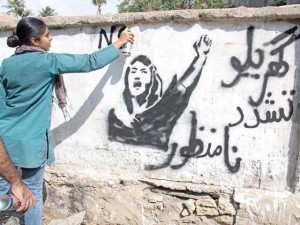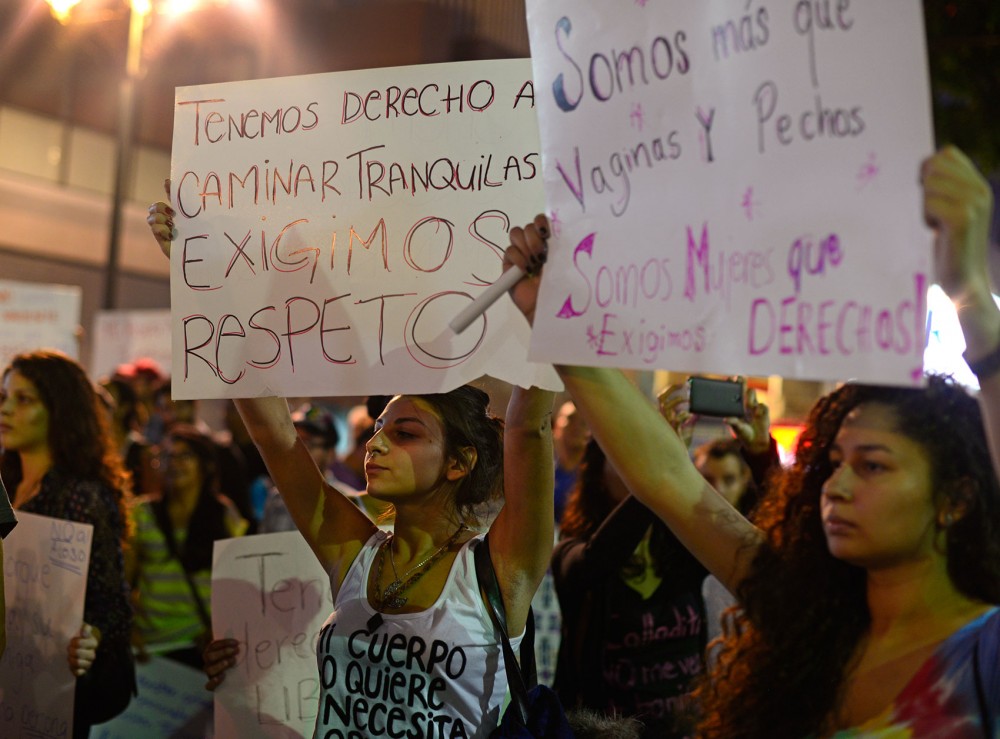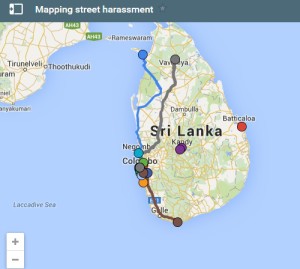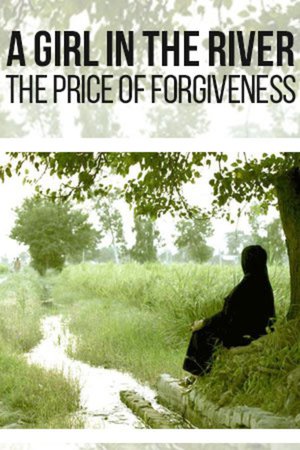“Tum Ghar Mein Raho gii, Tou Mard Apni Auqaat Mei Rahay Ga” (If you stay in home, men will stay in limit). While scrolling Facebook, I saw this post and the caption took me to part of my past life. I am sharing the story of my life for girls who are going through same situation now.
“A woman doesn’t walk down the street for your entertainment.”
This is the message for girls who have been tortured by “so called” lovers roaming around streets, to all the roadside Romeos that if a woman steps out of her house, it doesn’t mean that you own her. It doesn’t mean that she is trying to impress you. If you find her attractive, it doesn’t mean that she is now your property.
Those were the days when I was only 13 and afraid to go out of the house even with my family. I knew if I would step out and he would be standing right there to give me horrendous look. Who was he? I had no idea. He was a man of almost 25 who always welcomed me with a luring gaze. I was scared because I just didn’t want some stranger to stop me in the street, and it was the scariest moment for me when he stopped me. He claimed that he loved me and threatened that if I would reject his proposal he would make my life like a hell.
In those three years there wasn’t a single day when he was not in the street. After sharing the situation with my very close friend I got this reply, “How come he follows you that much if you don’t respond him? You should stay quiet because he is a man he can do anything with you, even he can throw acid on your face.”
That day, I realized that I am living in a patriarchal society where women are far weaker than males. The realization of weakness was not just for my own self. It gave me a thought in my young age about how feeble a female creature is! They have to bear the situation by staying quiet and are not allowed to share it with anyone. If they do so, they would be blamed by the people. So, I kept quiet for 3 years. This is how I lost my confidence.
It was not about a single guy who harassed me, there were others too who did the same. I often went through such kind of experiences. I was overwhelmed by the idea of being captured by such strangers. Often it became difficult for me to have control of my nerves. I remember that day when I was coming back from school all alone, a man was following me. He seemed like 40 years old. When I noticed, I began to walk fast. He was coming behind me and I started running. I started crying and finally reached home. I was not confident enough to face him. I was getting more upset day by day and when someone tried to ask what happened? I had to say I’m just fine. I wish I could say I am a daughter hiding my depression. I am a sister making a good impression. I am a friend acting like I’m fine. I am a teenager pushing my tears aside. I wish I could say..!
These types of incidents were increasing day by day. It seems like I was going through hell at that time. I was caught in an inferiority complex. I decided to hide all these situations from my family. I still remember the disappointed face of my father from seeing me aggressive all the time. This aggressiveness wasn’t intentionally. It was a negative change that was injected into my personality. I wished to live and enjoy a normal life.
I was wondering: how could someone claim that he loves you through harassment? This question was spinning in my mind and then one night I was so depressed. I was fed up. I was hiding what I was feeling but I was tired of holding this inside my head. I had lost self-belief. I started hating myself, but then I decided to tell everything to my father. The next morning I told everything to him. He gave me confidence and courage by explaining the status and importance of women in Islam. He appreciated me and then gradually all those matters started resolving.
It was just because of my father I again started living my life. I found females stronger than ever. A clean conscience is a good pillow. I realized that sometimes the smallest step in the right direction ends up being the biggest step of your life. Though my past was spoiled by those road Romeos, I decided not to spoil my present and future by the losers who have nothing else to do. They just comfort themselves by seeing you being tortured and disheartened. I trusted Almighty Allah and with this confidence I continued my life and started achieving success.
I started socializing more. When I turned 17, I got selected for an exchange program and visited the United States. Only seven students from Pakistan got that chance and I was the lucky one from Rawalpindi. It was an honor for me to represent my country abroad and I did it successfully. I still remember I didn’t know my own strength and I crashed down. I had no hope, I thought I would break. But thank you for all the difficult people in my life who have shown me exactly who I am and who I should be. I thought I’d never find my way.
But right now I am a student of mass communication. I am an executive board member of Pakistan US alumni network. I confidently help them in organizing different events where I interact with all the people with courage. I am also the director at Alms 360 and do my job assertively. I was also invited as a speaker in SPELT conference 2015. I never knew that I would be able to face any males in my life. But my life taught me not to judge the picture by the frame, not every man is the same. There are real men too who have good intentions and good character. I learned to keep going even in bad times, I learned not to lose hope. I learned from the best to become better.
Above all, it doesn’t upset me anymore, the filthy looks don’t make me scared but stronger. I’m brave enough to face such losers. I can easily threaten them by saying nothing but just glaring aggressively in their eyes. Now I can utter the words that are in my heart. I don’t give myself any reason to hate me anymore. I learned to stay positive even when if it feels like your life is falling apart. It’s better to share your problems with your parents.
Nobody on earth can ever be more sincere with you than your parents. After all it takes one to know, be patient, sometimes you have to go through the worst to get the best. “You have to be fearless if you want to fight your fears, never ever downgrade your ideal in the moments of weakness.”
Optional: What’s one way you think we can make public places safer for everyone?
We can make public paces safer by educating specially men of that society because no educated men will harrass any woman.
– Sabeen Farooq
Location: Rawalpindi, Pakistan
Share your street harassment story for the blog.
See the book 50 Stories about Stopping Street Harassers for more ideas.





